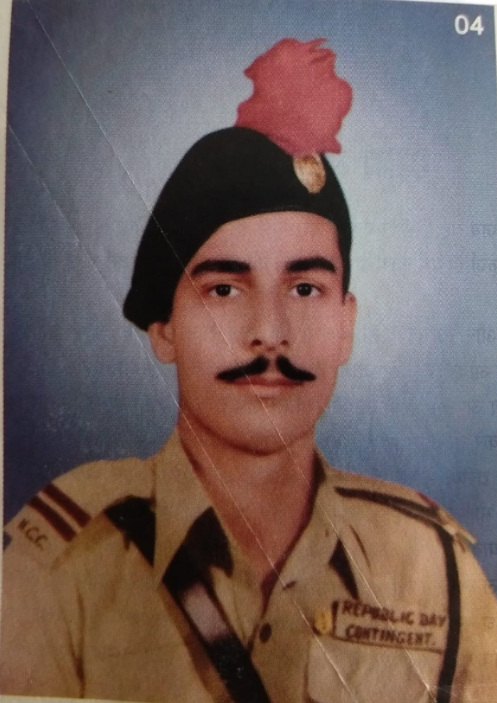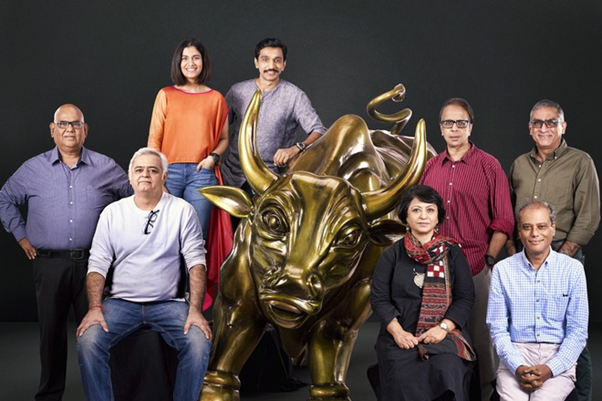
Computers came to India in 1952. TIFRAC <Tata Institute of Fundamental Research Automatic Calculator> was the first computer developed in India, at the Tata Institute of Fundamental Research.
In Pic Jawaharlal Nehru and Homi J. Bhabha at Tata Institute of Fundamental Research.
In Pic Jawaharlal Nehru and Homi J. Bhabha at Tata Institute of Fundamental Research.

FC Kohli was born in 1924, had grown up in Peshawar, where his father ran a drapery and apparel store. He was working with Tata Power at the time and they wanted to put some of our operations on the computer: inventory control, purchases and some employee data.
Given his master’s degree from MIT, he soon advanced to one of the top two operational positions in Tata Electric. With his MIT connection, he played an integral role in establishing a Bombay section of the IEEE, the US-oriented professional society.
In 1969, he was asked to head TCS, as they had submitted a quotation for generating bills by computer for the Bombay telephone system.
He joined and TCS won the job, and the system became operational for 140,000 subscribers in 1971. This is how TCS got started!
He joined and TCS won the job, and the system became operational for 140,000 subscribers in 1971. This is how TCS got started!
• • •
Missing some Tweet in this thread? You can try to
force a refresh







